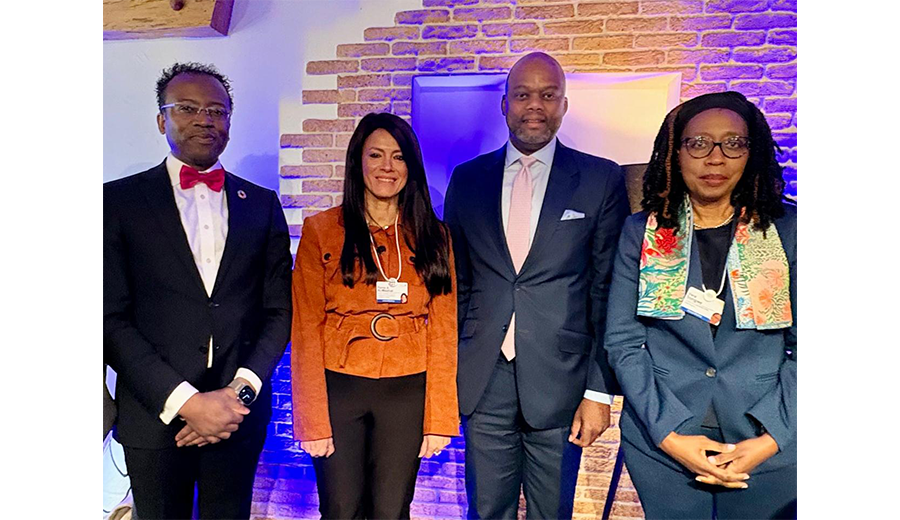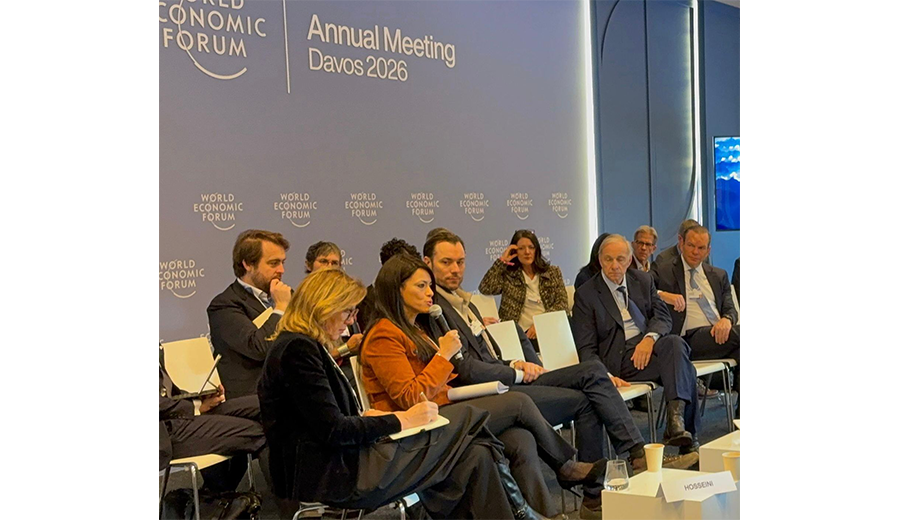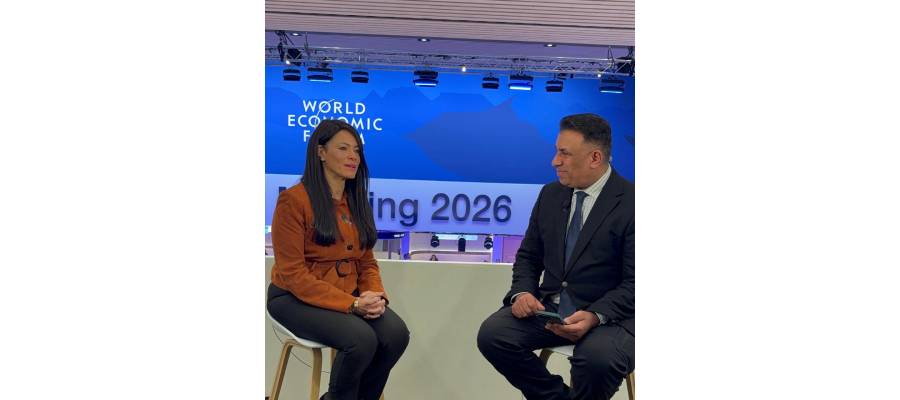Egypt’s NIGSD, MBRSG conclude the training activities for the 3rd batch of the "Governance and Sustainability Program in the Digital Age"

24 December 2022
The National Institute for Governance and Sustainable Development (NIGSD), the training arm of the Ministry of Planning and Economic Development, concluded the training activities for the third batch of the "Governance and Sustainability in the Digital Age" program, in cooperation with the Mohammed bin Rashid School of Government (MBRSG). During her speech at the closing ceremony (via video conference), Prof. Sherifa Sherif, Executive Director of NIGSD, expressed her pleasure in cooperating with MBRSG and benefiting from its expertise in the field of governance, future government, and digital transformation. Meanwhile, His Excellency Dr. Ali bin Sebaa Al-Marri, CEO of the Mohammed bin Rashid School of Government, said that he feels proud of the graduation of a new batch of the Governance and Sustainability Program in the Digital Age, which reflects the success of our experience in qualifying and strengthening the capabilities of elite Egyptian government leaders in various sectors. The program was held recently at the headquarters of the Mohammed Bin Rashid School of Government in Dubai. Its activities included organizing visits to several entities in the country to learn about best practices in government work. The training program comes within the framework of a strategic partnership between the National Institute for Governance and Sustainable Development in Egypt and the Mohammed Bin Rashid School of Government. Program objectives are to elevate the competencies of participants and empower them at the level of leadership of institutions in line with the strategic priorities of the Arab Republic of Egypt, and to enable participants to grasp the concept of sustainability as it pertains to its environment, social, and economic dimensions. The training program is based on 4 main axes: governance, sustainability, digital transformation, and institutional excellence. The third session of the program, which lasted for 5 days, highlighted topics including “Future Government and Government Strategies”, “Strategic Leadership and its Tools in the Age of Challenges”, “Digital Transformation in Institutions”, “Institutional Excellence”, and “Sustainability and the global goals for sustainable development". The third session included a dialogue session with His Excellency Ali Mohammed Al Muwaiji, Vice President - DEWA, to learn about the Authority's pioneering experience in the field of institutional development.









